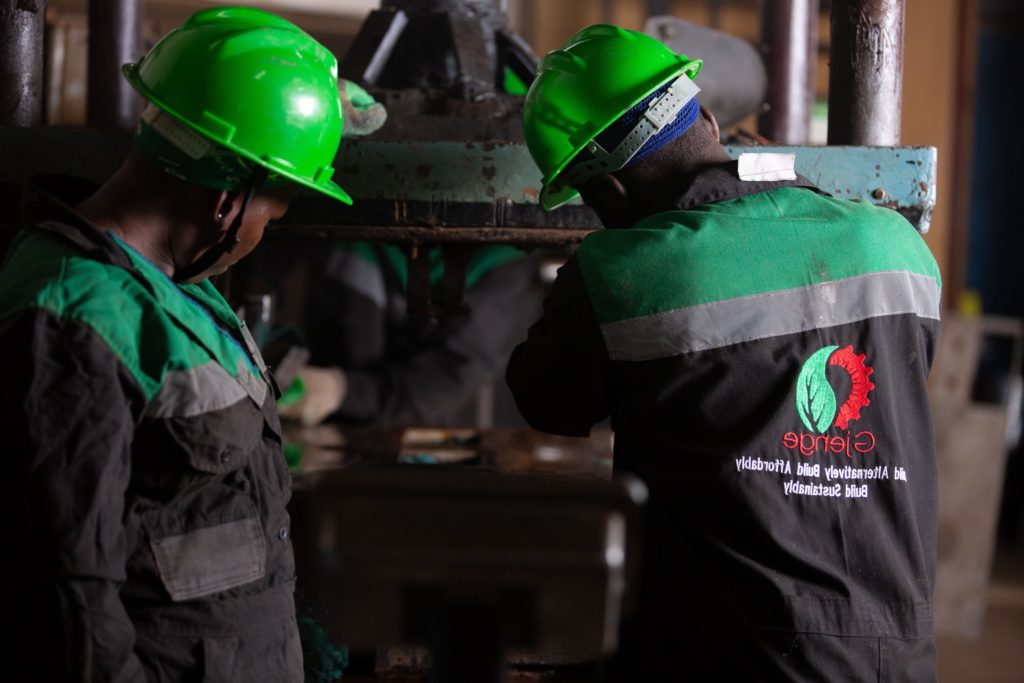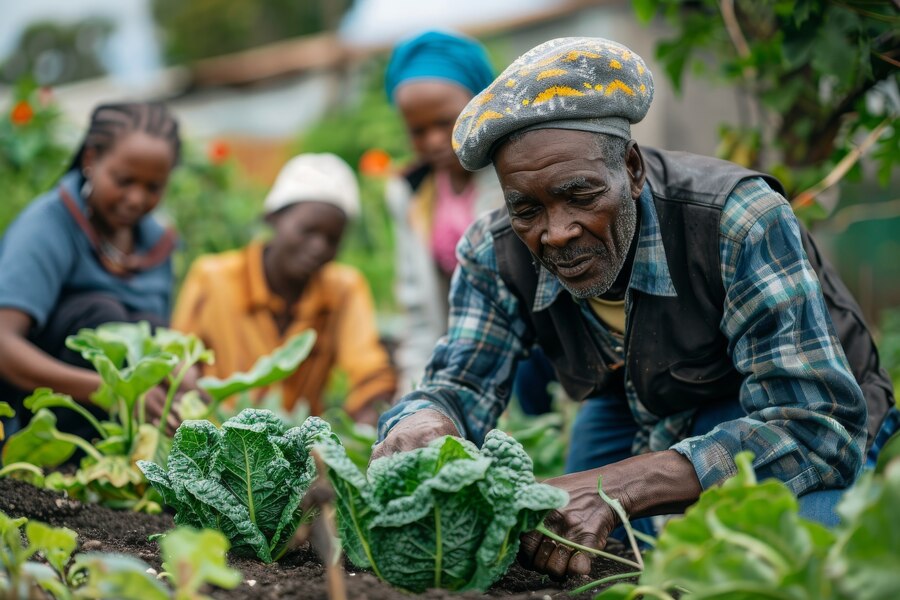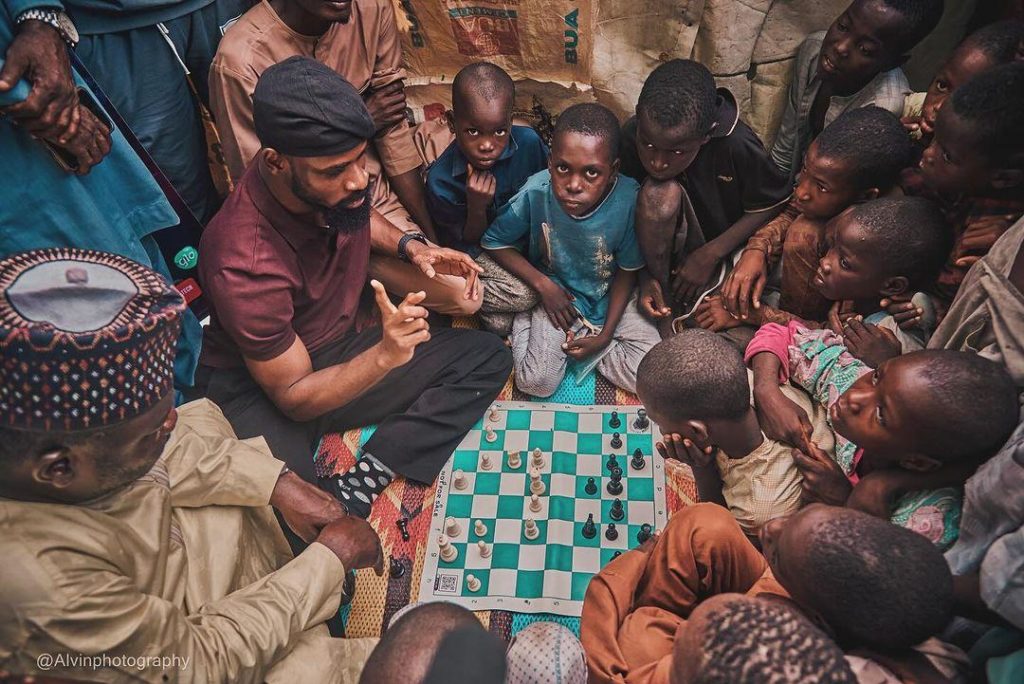If you want to know how a difficulty can give birth to a billion dollar idea, which positively impacts the lives of millions of people in Africa, then read this story all the way through.
It all began more than 15 years ago when two Americans, Drew Durbin and Lincoln Crick, found themselves in Uganda where they were having trouble getting money sent from the US. The two entrepreneurs, who share a love of simple solutions to everyday challenges, saw an opportunity to solve a problem that they themselves had faced, and that millions of people in East Africa were facing. The idea of an app that would allow people to transfer money instantly and securely from the US to Africa is beginning to take shape.
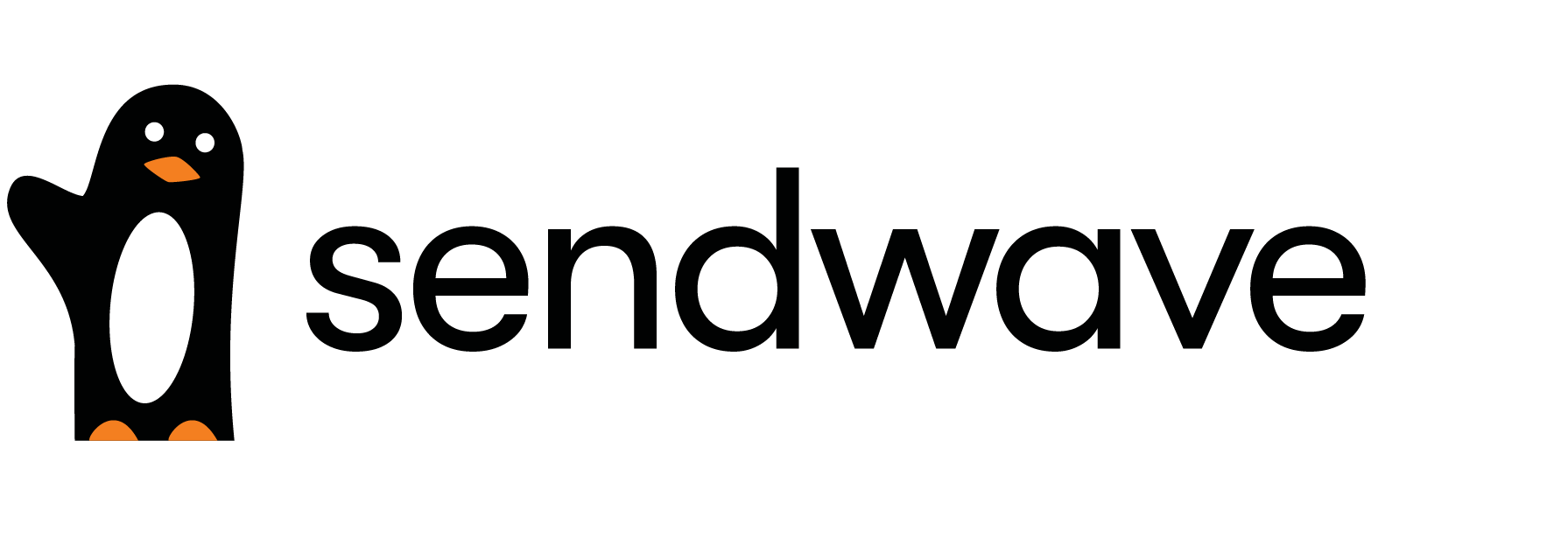
From the idea to the $1.7 billion Unicorn
In 2007, Drew and Lincoln put their idea into practice and created SendWave. The solution delivers on the promise of fast, cheap and convenient money transfers and withdrawals to East African countries such as Kenya, Tanzania and Rwanda. It is a real boon for the diaspora in these countries. The sender just bears the exchange rates and the recipient receives the amount sent directly to a local e-wallet partner of SendWave.
The service, which initially targeted East African countries, quickly expanded to West African countries such as Nigeria, Ghana and Senegal. SendWave will then give birth to Wave to provide more opportunities for its users across Africa, and thus contribute to the achievement of the infrastructure and innovation-related SDGs.
Today, Wave offers a full service for sending and withdrawing money, paying for goods and services, and providing e-wallets to millions of people in Africa. The company has also reached a capitalisation of $1.7 billion in 2021, after its Series A funding round, where it managed to raise $200 million. Such a fundraising opens the doors to the restricted circle of African "unicorns".
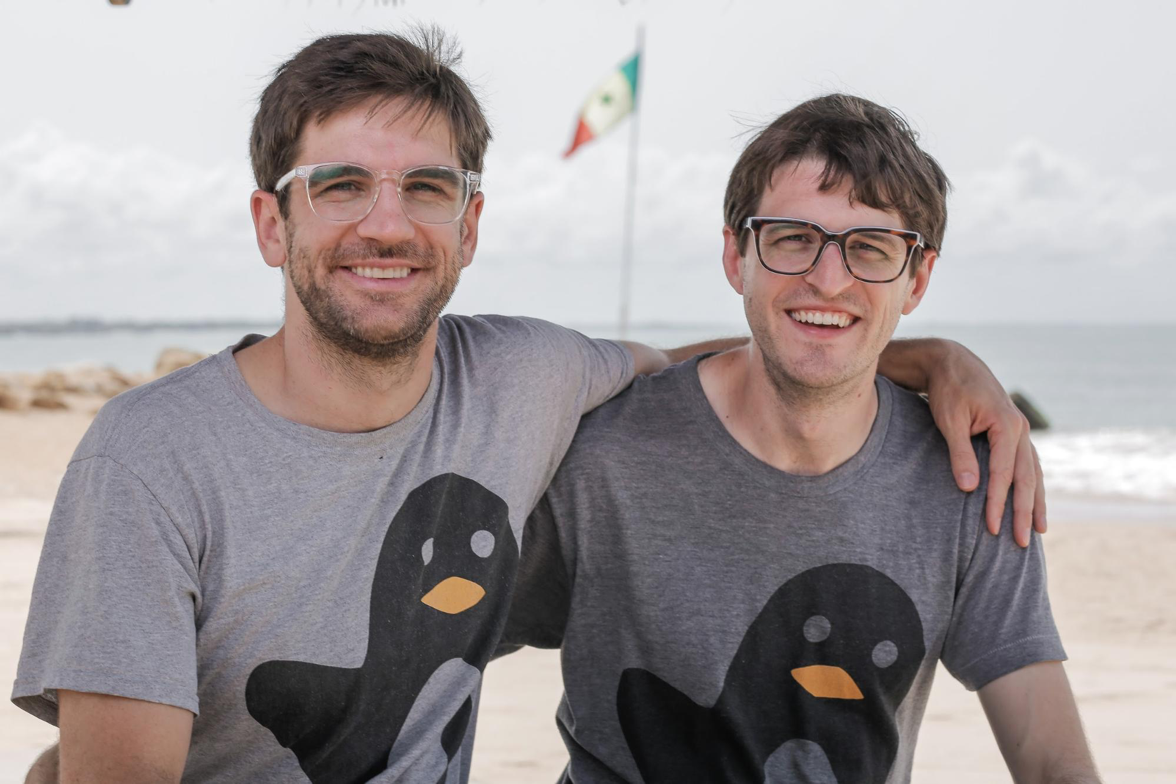
Resilience and innovation: the winning recipe
Wave convinced the East African public with a simple and accessible service with almost negligible fees. However, the move to West Africa was not as easy as it seems. Wave discovered a new and almost unknown market, and the first challenge was to find partners to distribute the service to the general public. The available mobile network operators were not keen on the idea of free cash withdrawal and did not buy into the company's business model. This was a major challenge that the company would have to overcome to survive in this new ecosystem.
In addition to this constraint, there was the lack of liquidity of the local agent networks to cover the transaction amounts. However, these multiple obstacles did not stop the Wave machine. On the contrary, it has reinvented itself by creating its own electronic money network to address the target populations directly, without intermediaries. Thanks to this distribution network, Wave was able to offer a fast and secure money transfer service, with no withdrawal fees and sending fees of only 1% of the amount sent (a rate that was much lower than that of all competitors present on the market at the time). During 2019, boosted by the social restraint measures (less travel, social distancing) that accompanied the covid-19 pandemic, Wave Senegal increased its size fivefold, according to Ms Coura Carine SèneThe company has been growing at a rate of over 15% per month for six months in a row.
Accessible financial services and a successful field strategy
Senegal will be Wave's gateway to the UEMOA zone. Initially, the fintech will offer its services to traders, especially in less formal sectors such as fishing. The brand with the penguin will thus tour all the fishing docks and fish markets in Dakar, Mbour, Saint Louis, Casamance... A strategy that will pay off, because these traders, who frequently encounter difficulties in collecting and keeping their money close to them and safe, will also be seduced by the accessibility and simplicity of the service compared to traditional financial institutions. In addition, they can now withdraw their money from their Wave account free of charge and make payments for free.
Thus, as of October 2019, that Wave is accessible to the general public via a mobile application. During the same year, the startup will double its network of agents to reach more than 2,000 agents in Senegal alone. At the same time, it is fiercely competing with the incumbent operator Orange and breaking its tariffs.
The price war is raging, promotional offers are multiplying and customers are abandoning Orange Money and other money transfer services in favour of Wave.
In 2020, the startup, which has reached the million user mark in Senegal, will begin its conquest of Côte d'Ivoire. It will set up there in 2021 and make life difficult for its local competitors (MTN, Orange, Moov). It is quietly pursuing its conquest of the West African market and its inclusive policy, to the great delight of consumers.
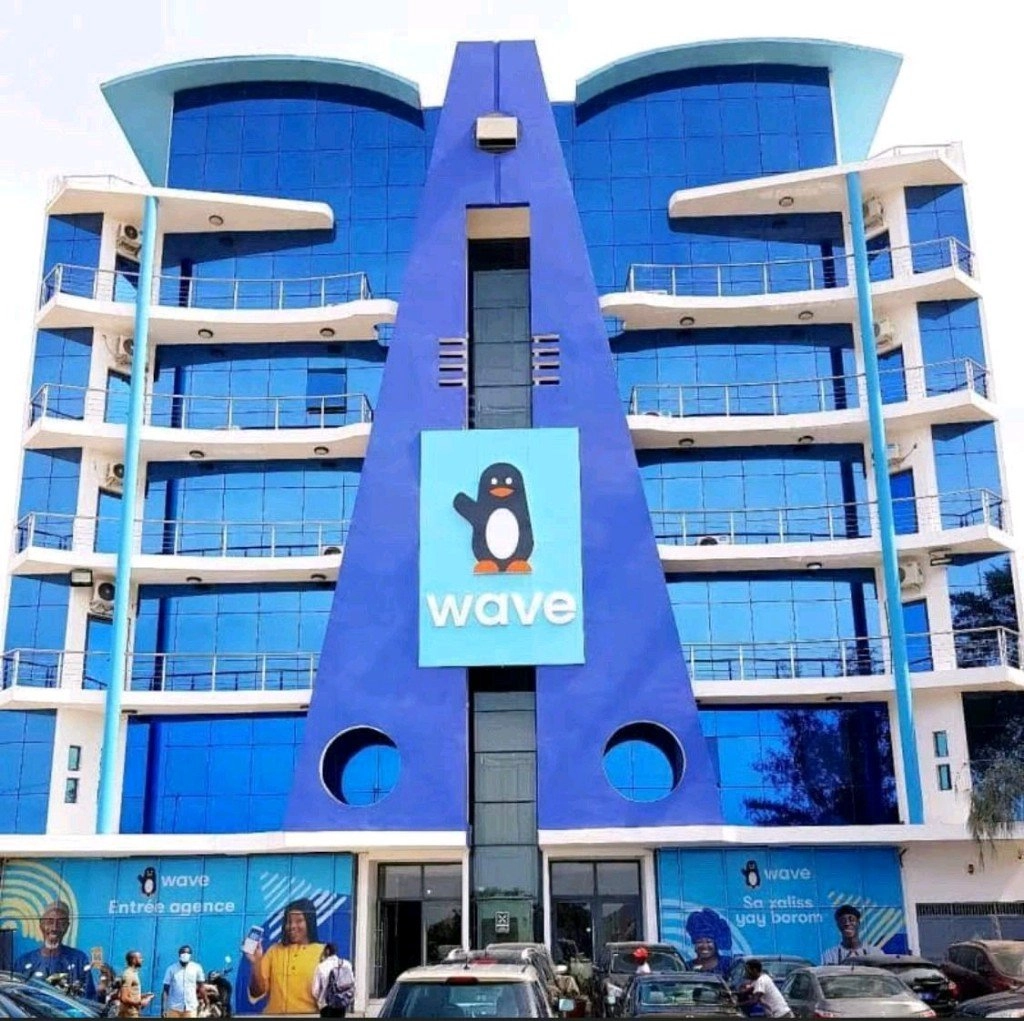
Technology for financial inclusion
Financial inclusion is a real desire displayed by the African mobile money unicorn. Indeed, as the years go by, Wave has remained faithful to the principle of wanting to provide tools that enable financial transactions, money storage and payments to be made without going through long and complicated administrative procedures. All this while offering low service fees that are accessible to everyone. These needs have long been the cry of rural people who felt excluded from traditional financial systems. The situation changed dramatically with Wave's arrival in Africa. Since then, the new giant of African mobile money has set its sights on becoming the leading payment method in Africa, with the support of major investors such as Partech, Y combinator, Stripe, Founders Funds...
For several years now, Wave has been making its competitors cringe and seducing consumers with its simple, practical, inclusive and economical mobile money solution. Whether in Senegal or Côte d'Ivoire, its blue penguin logo is almost part of the urban décor. And even if some people question the company's business model, pointing out that low withdrawal fees mean low commissions for agent networks that would have difficulty covering their costs, Wave continues to multiply its points of sale. The unicorn is reassuringly betting on high transaction volumes thanks to a fast, efficient and cheaper service that has satisfied millions of active users in Africa. Wave has just obtained its e-money establishment licence from the BCEAO, thus becoming the first non-banking structure, nor telecommunication operator, to obtain this licence.

